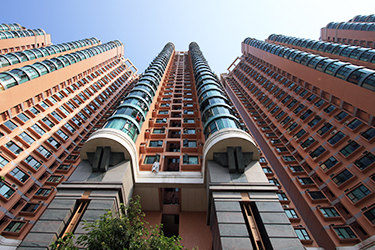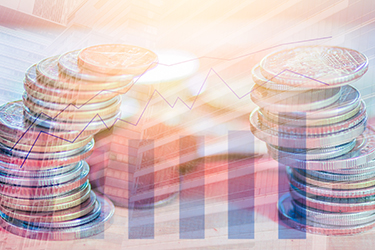
6 March 2017 - 2016 was a year of remarkable highs and lows for the Hong Kong property market. Spurred on by a concoction of available credit and negative real interest rates, Hong Kong’s residential prices increased by nearly 200 per cent in the post 2008 period. This combined with record breaking bids from mainland developers and a seeming upsurge of demand, both local and foreign, led to the introduction of the government stamp duty back in November 2016. Intended as a cooling measure to address the overheated Hong Kong real estate market, it imposed a floor tax rate of 15 per cent on second home buyers and foreigners. The immediate aftermath was felt in December as home sales in the primary market plunged by 80% month-over-month.

Looking ahead to 2017 and concentrating specifically on the luxury property market #1, Colliers projected a 10 per cent contraction in terms of capital value for luxury residential properties compared to 5 per cent for the residential property market at large. A corresponding 5 percent contraction is also predicted for luxury rentals compared to 3 percent in the general rental market.
Colliers further emphasized that secondary market properties within the HKD30 million and HKD50 million price bracket will be hit the hardest by the new measures. This overall downward trend which disproportionately targets the secondary market is also corroborated by government Land Registry data where sales for the secondary market in December reached a 21-year low.
On the other hand, there are indications that the luxury property sector in 2017 will be a buyer’s market. According to Colliers, with 93,000 new housing units set to increase supply over the next 3 years, developers may very well offer incentives to take the sting off the additional stamp duty cost. Already vaunted projects such as One Kai Tak Phase Two under China Overseas Holding are offering units on the market subject to a 14.5 per cent discount. That being said, prices still amounted to an eye-watering HKD17,500 per sq ft on average. More surprisingly however, was that such price levels were still met with strong demand despite the stamp duty being firmly in place and as a testament to this, all 188 flats in One Kai Tak Phase Two sold out within the first day of being released on the market.
With 5,000 new flats pending launch in the first quarter of 2017, the primary market will form the lion’s share of Hong Kong’s home sales. Though prices are expected to drop, recent sales in the luxury market have continued to net stratospheric prices. Sun Hung Kai Properties’ flats for the Grand Yoho development in Yuen Long where the asking price for a 972 sq.ft. unit was HKD12 million, set a record price in the Northwestern New Territories. This was also the case for Pavilia Bay in Tsuen Wan which priced some units at levels of HKD20,000 per sq.ft.

In terms of property agencies, both Midland Realty and Centaline Property Agency are targeting existing home owners by offering “zero down payment” schemes to fund new flat purchases. This along with financing plans for luxury projects from developers such as Crescendo in Yuen Long by Cheung Kong Property, works in concert against the efforts of the Hong Kong Monetary Authority’s tightening mortgage policy.
Moreover despite the Fed’s interest rate hike by 25 basis points, according to JLL’s Hong Kong Economic Monitor in January, the majority of banks in Hong Kong held their prime lending rates unchanged whereas HIBOR rates only edged up slightly, affirming industry predictions that they will continue to remain at relatively low levels. Ultimately the recent rate hike is unlikely to have a significant impact on pricing in Hong Kong’s property market. Though Citi stands by its forecast that Hong Kong home prices could decline by as much as 15 per cent, in the instance that prices hold steady or continue to rise, this could induce the Hong Kong government to introduce far harsher measures in the future.
#1 Note: Land Registry defines this as properties over HKD10 Million





